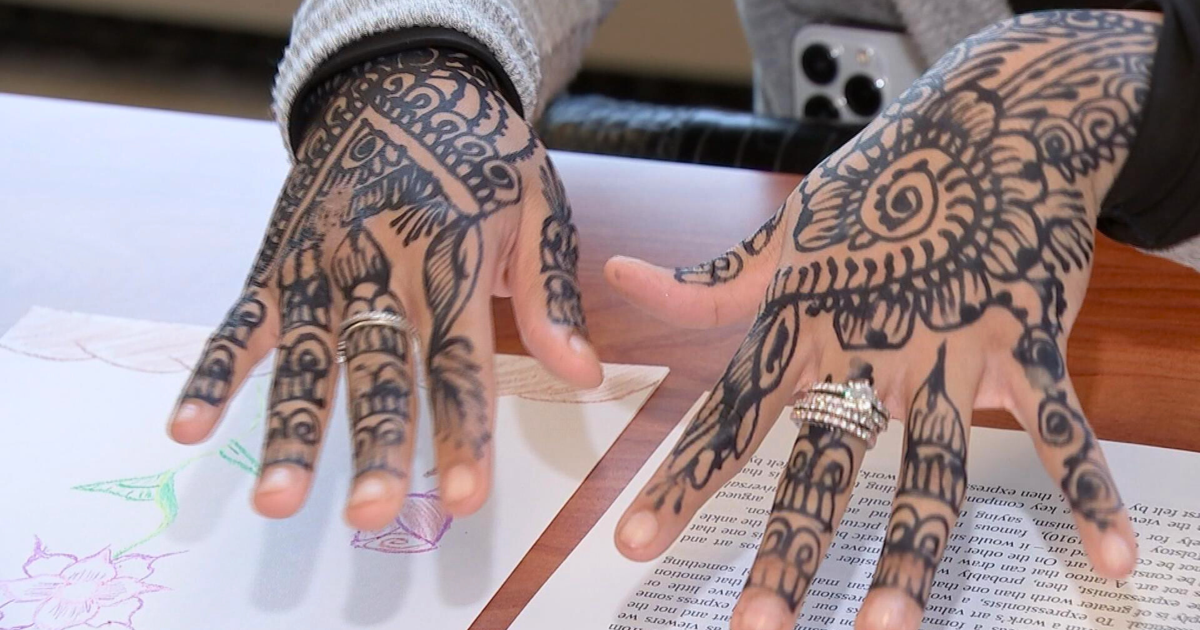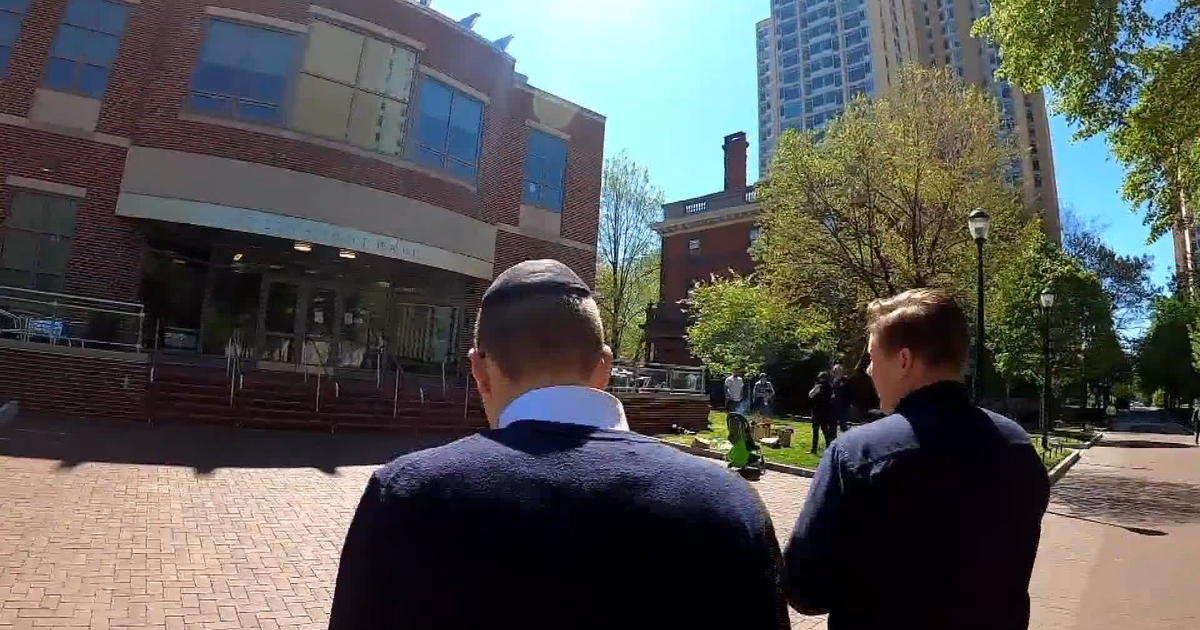Study: Some Can Tell If You're Rich By Looking At Your Face
PHILADELPHIA (CBS) -- A new study reveals you might be able to tell just how rich someone is by looking at their face.
Researchers at the University of Toronto revealed their findings in the Journal of Personality and Social Psychology.
"It indicates that something as subtle as the signals in your face about your social class can actually then perpetuate it," says Thora Bjornsdottir of the Faculty of Arts & Science at the University of Toronto. "Those first impressions can become a sort of self-fulfilling prophecy. It's going to influence your interactions, and the opportunities you have."
Bjornsdottir says participates were asked to look at photos and use nothing but gut instinct to decide which ones were rich or poor by just looking at their faces.
Researchers used an annual median family income of about $75,000 as a benchmark, grouping volunteers into family incomes of under $60,000 and above $100,000. Participants then posed for photos with no expression.
Researchers say 68 percent of the time subjects correctly guessed the class of the participants in the photographs, exceeding random chance.
"What we're seeing is students who are just 18-22 years old have already accumulated enough life experience that it has visibly changed and shaped their face to the point you can tell what their socio-economic standing or social class," says co-author, Nicholas Rule.
According to Bjornsdottir, people are unaware of the cues they are using when making these judgments.
"If you ask them why, they don't know. They are not aware of how they are doing this," said Bjornsdottir.
The results were not affected by the race or gender of the face or how much time people were given to study them.
"There are neurons in the brain that specialize in facial recognition. The face is the first thing you notice when you look at somebody," says Rule. "We see faces in clouds, we see faces in toast. We are sort of hardwired to look for face-like stimuli. And this is something people pick up very quickly. And they are consistent, which is what makes it statistically significant."
Rule says the study of social classes as an undercurrent in psychology and behavior is getting more recognition. And with 43 muscles concentrated in a relatively small area, facial cues are one of the most intriguing areas in this field.
CLICK HERE to read more about the findings.



